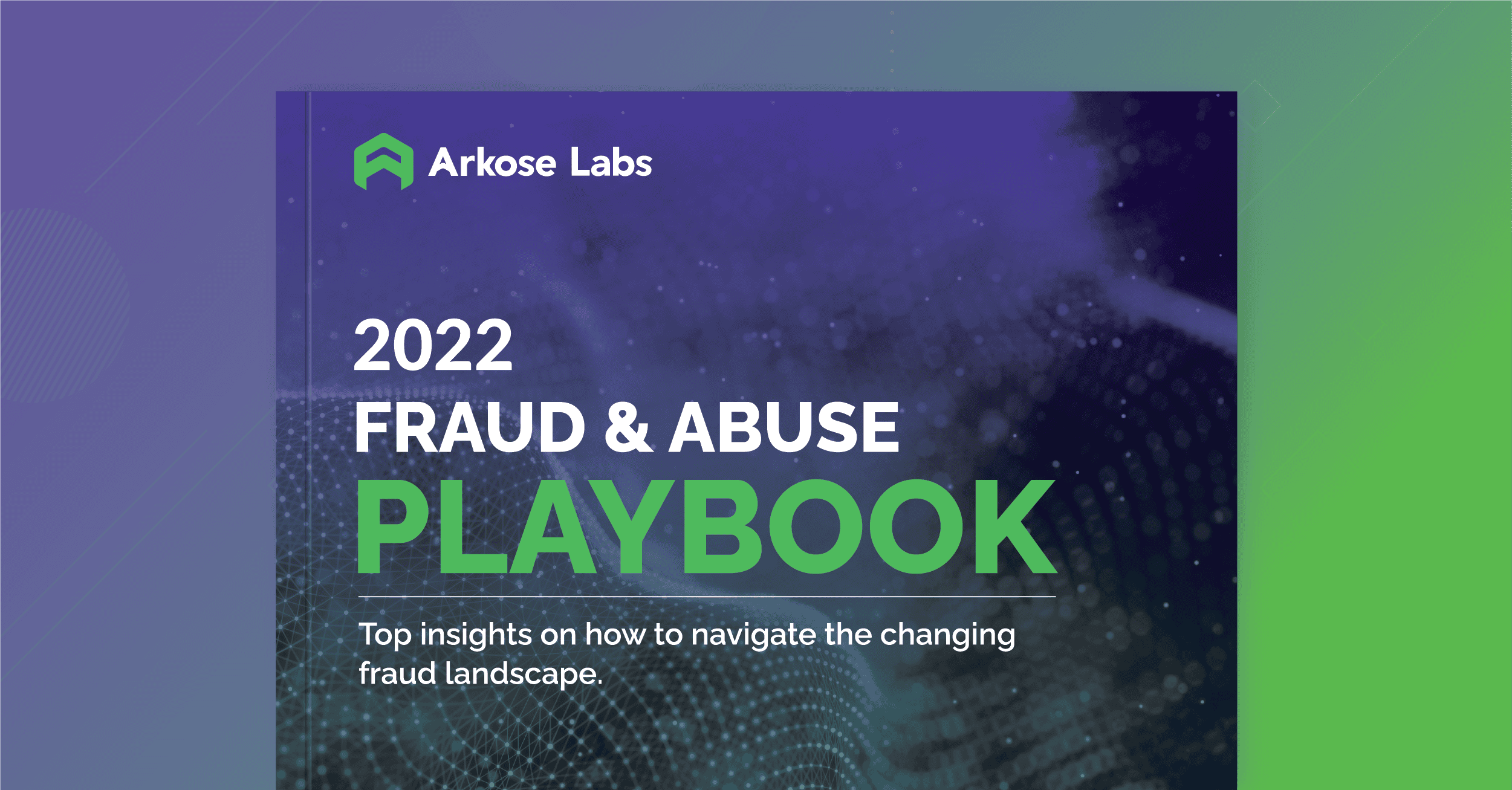Telecom Needs Fraud Prevention
As one of the largest and most competitive industries in the world, telecom is currently undergoing a rapid transformation in response to the growing demands of customers for greater connectivity, higher speeds—and yes, better fraud prevention and security. As the industry evolves, so too does the need to protect networks and customer data from threats. Cybersecurity sits at the heart of next-generation telecom, and related organizations must ensure they have the right measures in place to protect their networks, data, and customers.
Telecom fraud and security teams are fighting an uphill battle against threats like:
- account takeovers (ATOs)
- identity theft
- big data breaches
- malicious software (malware)
- phishing scams
- denial of service attacks
- SIM swaps of mobile devices
All of this malicious activity can lead to massive losses for the company in the form of compromised accounts and credentials. To counter these persistent, sophisticated attackers, whether human or automated, a flexible approach must be taken that can adapt to the changing threat landscape and offer a user-centric authentication experience.
All of these attacks can have devastating consequences for the telecom industry. Additionally, the growing reliance on digital technology, and the increasing complexity of telecom networks, make them particularly vulnerable to cyberattacks. As telecom networks become more interconnected, they can provide fraudsters with access to sensitive customer data such as email, credit card details, and personal information like phone numbers.
IRSF in Telecom Industry
One of the biggest evolving threats to the telecom industry is a model known as International Revenue Sharing Fraud (IRSF), whereby attackers steal multi-factor authentication (MFA) for financial gain. Although IRSF originated in the telco industry, it is now impacting myriad businesses around the world as they look to secure digital accounts using voice and SMS one-time passwords (OTP).
IRSF occurs when cybercriminals unlawfully access telecom companies' networks or employ illegitimate service providers to redirect calls and text messages to premium rate numbers. These fraudsters also use automated attacks on digital points of contact that activate one-time passwords, such as account registrations and logins, to receive a payout of $1 or more for each transaction. IRSF is difficult to detect in time to prevent damage, leaving businesses vulnerable to fraudsters who can use a variety of sophisticated tools to bypass anti-bot measures and exploit consumer touchpoints.
Telco businesses can protect themselves from these automated attacks by using robust anti-automation technology. Fraudsters rely on the automation of scripts to launch their attacks, so businesses must have measures in place to detect even human-like bots and stop them. As fraudsters often modify their attacks, telco shops should have a security platform that can learn and adapt to changes in the attack methods.
Businesses should be prepared to combat even the most sophisticated bots by having fraud defenses in place that are able to accurately detect and stop them. By deploying anti-fraud measures that are resilient to the latest advances in machine learning, businesses can protect themselves from IRSF attacks and other malicious activities. Knowing unused PRN ranges to anticipate IRSF attacks, as well as having access to telephone intelligence data to determine if the same numbers were used elsewhere to commit IRSF, can be useful tools in combating these attacks.
Arkose Labs Beats Fraud, Saves Money
Arkose Labs is changing the way we fight fraud by making it unprofitable for attackers to target your business. Instead of just preventing fraud, we are deterring it. This is an essential shift in the way we protect our customers from bad actors and bots.
Arkose Labs, a global leader in fraud protection and mitigation, helps to protect user authentication touchpoints from various types of attacks, such as ATOs, payment fraud, credential stuffing, and fake account creation. By proactively defending against these attacks, companies are able to ensure their customers' security without compromising a good user experience.
Businesses can incorporate Arkose Labs into any touchpoint to detect fraudulent traffic, such as login flow or new account registration. By utilizing Arkose Labs' innovative in-session authentication combining real time risk classification with interactive challenges, businesses save in the long run through more effective fraud detection and prevention.
Find out more about how Arkose Labs can help your organization fight telecom fraud and book a demo today.


